Get Rid of Your Money Anxiety in 2021
Managing your financial wellness isn't just about how you save or spend money ... it's about fostering a healthy mental relationship with money.

Profit and prosper with the best of Kiplinger's advice on investing, taxes, retirement, personal finance and much more. Delivered daily. Enter your email in the box and click Sign Me Up.
You are now subscribed
Your newsletter sign-up was successful
Want to add more newsletters?

Delivered daily
Kiplinger Today
Profit and prosper with the best of Kiplinger's advice on investing, taxes, retirement, personal finance and much more delivered daily. Smart money moves start here.

Sent five days a week
Kiplinger A Step Ahead
Get practical help to make better financial decisions in your everyday life, from spending to savings on top deals.

Delivered daily
Kiplinger Closing Bell
Get today's biggest financial and investing headlines delivered to your inbox every day the U.S. stock market is open.

Sent twice a week
Kiplinger Adviser Intel
Financial pros across the country share best practices and fresh tactics to preserve and grow your wealth.

Delivered weekly
Kiplinger Tax Tips
Trim your federal and state tax bills with practical tax-planning and tax-cutting strategies.

Sent twice a week
Kiplinger Retirement Tips
Your twice-a-week guide to planning and enjoying a financially secure and richly rewarding retirement

Sent bimonthly.
Kiplinger Adviser Angle
Insights for advisers, wealth managers and other financial professionals.

Sent twice a week
Kiplinger Investing Weekly
Your twice-a-week roundup of promising stocks, funds, companies and industries you should consider, ones you should avoid, and why.

Sent weekly for six weeks
Kiplinger Invest for Retirement
Your step-by-step six-part series on how to invest for retirement, from devising a successful strategy to exactly which investments to choose.
Looking back, it's safe to say that 2020 humbled us all in ways we would not have ever imagined.
Never in my life did I think that one day the streets, malls, and restaurants would be packed, then be completely empty the next day, resembling a zombie apocalypse movie. I also didn't think we'd still be here dealing with this nearly a year later, but here we are.
From just $107.88 $24.99 for Kiplinger Personal Finance
Become a smarter, better informed investor. Subscribe from just $107.88 $24.99, plus get up to 4 Special Issues

Sign up for Kiplinger’s Free Newsletters
Profit and prosper with the best of expert advice on investing, taxes, retirement, personal finance and more - straight to your e-mail.
Profit and prosper with the best of expert advice - straight to your e-mail.
Over these months of isolation and uncertainty, I've thought a lot about mental wellness and its connection to personal finance. Searching for more insights, I spoke recently with Joe Holder (see our full convo above), a leader in the health and wellness industry, founder of the Ocho System, and a Nike Master Trainer. Joe provided a thoughtful perspective about the relationship between money and stress and offered some great tips on how to manage your mental and financial wellness.
Holder spoke about money anxiety disorder, a concept that has stuck with me since our conversation. Anxiety around money can occur at any level of wealth or income. As Joe detailed throughout our talk, the hypersensitivity to money decisions can come in many forms. Whether you are frequently overspending on things trying to keep up with the Joneses, or you are so frugal that the stress of spending money supersedes enjoying experiences that life offers, an unhealthy relationship with money can lead to mental anguish.
Reflecting on my own personal finance journey, I realize that I fit the bill for the money anxiety disorder diagnosis. Even though I have worked hard to make, save, and invest my money while living below my means, the following thoughts constantly run through my mind:
Am I saving enough? Will my family and I have enough? Should I invest more or am I overexposed? What about when I am older? Will I have enough to retire comfortably? Can we afford this vacation?
One of my goals for 2021 is to cultivate a healthier, more balanced relationship between my personal finances and mental wellness. From a financial perspective, I plan to accomplish this by first redefining my "why."
Our personal "why" can serve as guardrails during the ebbs and flows that life presents. It can also be your "North Star" when adverse situations arise. It can be hard to find motivation, maintain your focus, and stay disciplined, day in and day out, without a purpose for what you are doing. In sports, most athletes can pinpoint their "why," which fuels them mentally through grueling workouts, practices, and even injuries to play in the next big game. Outside of sports, your "why" can help you stick to your financial goals.
Of course, life will inevitably throw you curveballs, but understanding the reason(s) why you work, save, and invest will help you stay on target throughout your mission.
WATCH: Joe Holder (with Brandon Copeland) on conducting a self-audit to start the year (0:26)
The next financial steps are easier to tackle (see what I did there?). Calculate your recurring monthly expenses, then create a financial plan for yourself that marries your "why" to your budget. Perform your own financial audit to view your finances from a higher level. It's like watching a football game from the nosebleeds. Yes, every player may look smaller, but you can see the whole field from this view, as opposed to the first-row, corner-of-the-end-zone seat. You want to review your finances from the same vantage point.
From there, you can create a plan that is compatible with your "why." This is where critical thinking comes into play. There is not a book, a mentor, or financial advisor who can tell you what you truly value in the long run. Whether you want to save for your child's college education, or you want to bootstrap your first business venture, you will benefit from having a plan to help you achieve your financial goals.
WATCH: Brandon Copeland on figuring out your why (0:29)
The final step to help minimize the anxiety around your financial decisions is to automate your financial activities wherever possible. Automatic bill payments or deposits to your savings, brokerage, or retirement account will free up your mental bandwidth to focus on other things, cutting out wasted time on repetitive chores. There are tools available to help put your plan on autopilot this year. Do some digging, and make them work for you!
Gaining more control over your finances and your mental wellness starts with recognizing just how important this is to your overall well-being. Watch my full conversation with Joe, and make 2021 the year that you take care of YOU!
--Professor Cope
Profit and prosper with the best of Kiplinger's advice on investing, taxes, retirement, personal finance and much more. Delivered daily. Enter your email in the box and click Sign Me Up.

Brandon Copeland, an active, eight-year veteran NFL linebacker, has spent the past two years teaching a class he created, and nicknamed “Life 101,” at his alma mater, the University of Pennsylvania. Life 101 focuses on life’s constant money decisions so that students are better prepared for the financial realities that adulthood brings. Copeland also spends time off of the field consulting and investing in real estate. He is the co-founder of a nonprofit organization, Beyond the Basics Inc., and was the recipient of the 2020 NFLPA Alan Page Community Award, the NFLPA’s highest honor given for extraordinary dedication to service, social justice and equality. He is a member of CNBC’s Financial Wellness Council and the NFL Players Inc. Advisory Committee. Copeland has interned for UBS and Weiss Multi-Strategy Advisers.
-
 The New Reality for Entertainment
The New Reality for EntertainmentThe Kiplinger Letter The entertainment industry is shifting as movie and TV companies face fierce competition, fight for attention and cope with artificial intelligence.
-
 Stocks Sink With Alphabet, Bitcoin: Stock Market Today
Stocks Sink With Alphabet, Bitcoin: Stock Market TodayA dismal round of jobs data did little to lift sentiment on Thursday.
-
 Betting on Super Bowl 2026? New IRS Tax Changes Could Cost You
Betting on Super Bowl 2026? New IRS Tax Changes Could Cost YouTaxable Income When Super Bowl LX hype fades, some fans may be surprised to learn that sports betting tax rules have shifted.
-
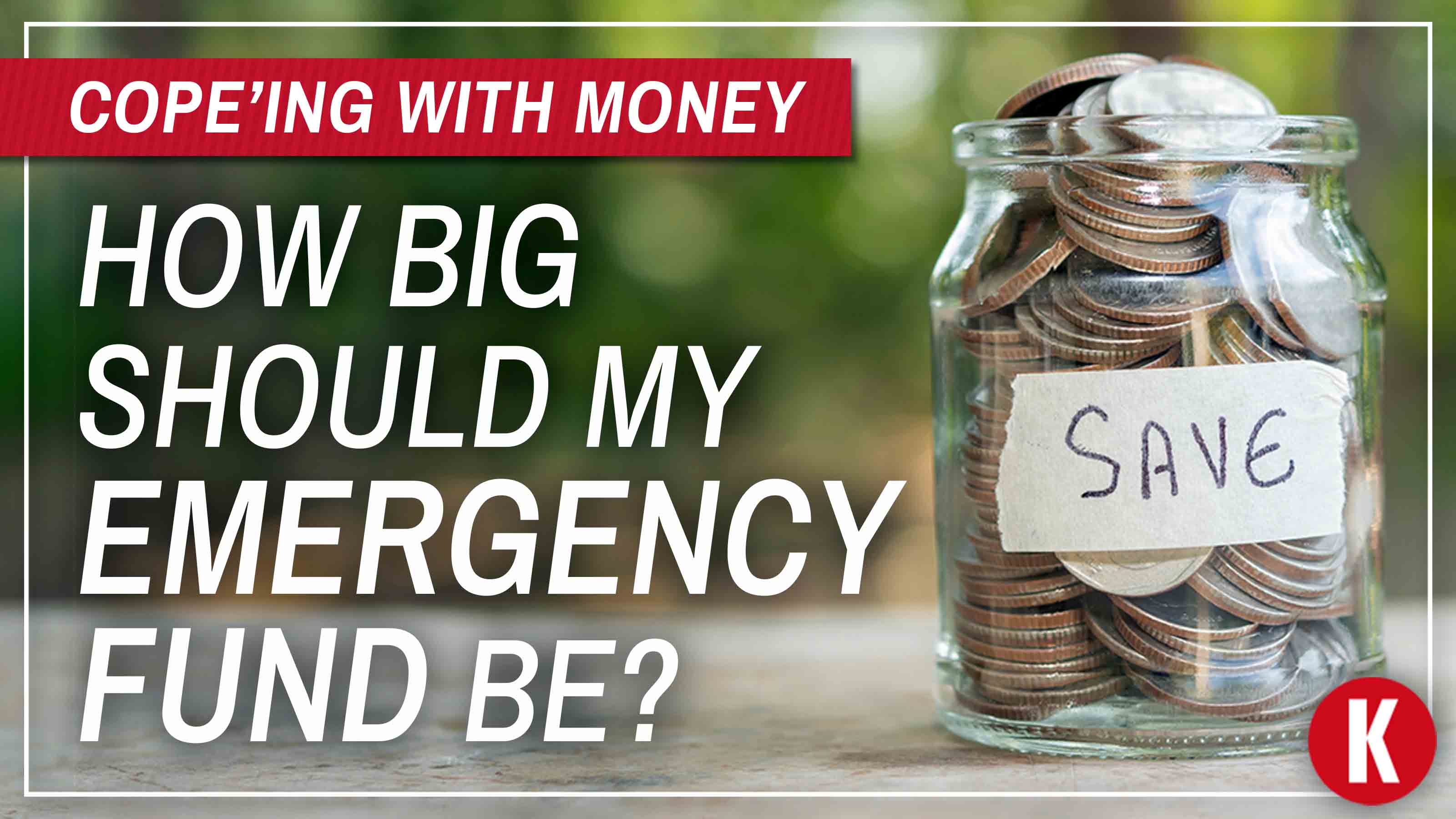 How Big Should My Emergency Fund Be?
How Big Should My Emergency Fund Be?Feature NFL linebacker and Kiplinger contributing editor Brandon Copeland discusses the importance of building an emergency fund.
-
 Homeowners Insurance: How to Protect Your Home
Homeowners Insurance: How to Protect Your HomeBrandon Copeland NFL linebacker and Kiplinger contributing editor Brandon Copeland discusses the ins and outs of homeowners insurance.
-
 The "Real" Cost of Buying a Car
The "Real" Cost of Buying a CarFeature Atlanta Falcons linebacker and Kiplinger contributing editor Brandon Copeland illustrates how car prices are far more than meets the eye.
-
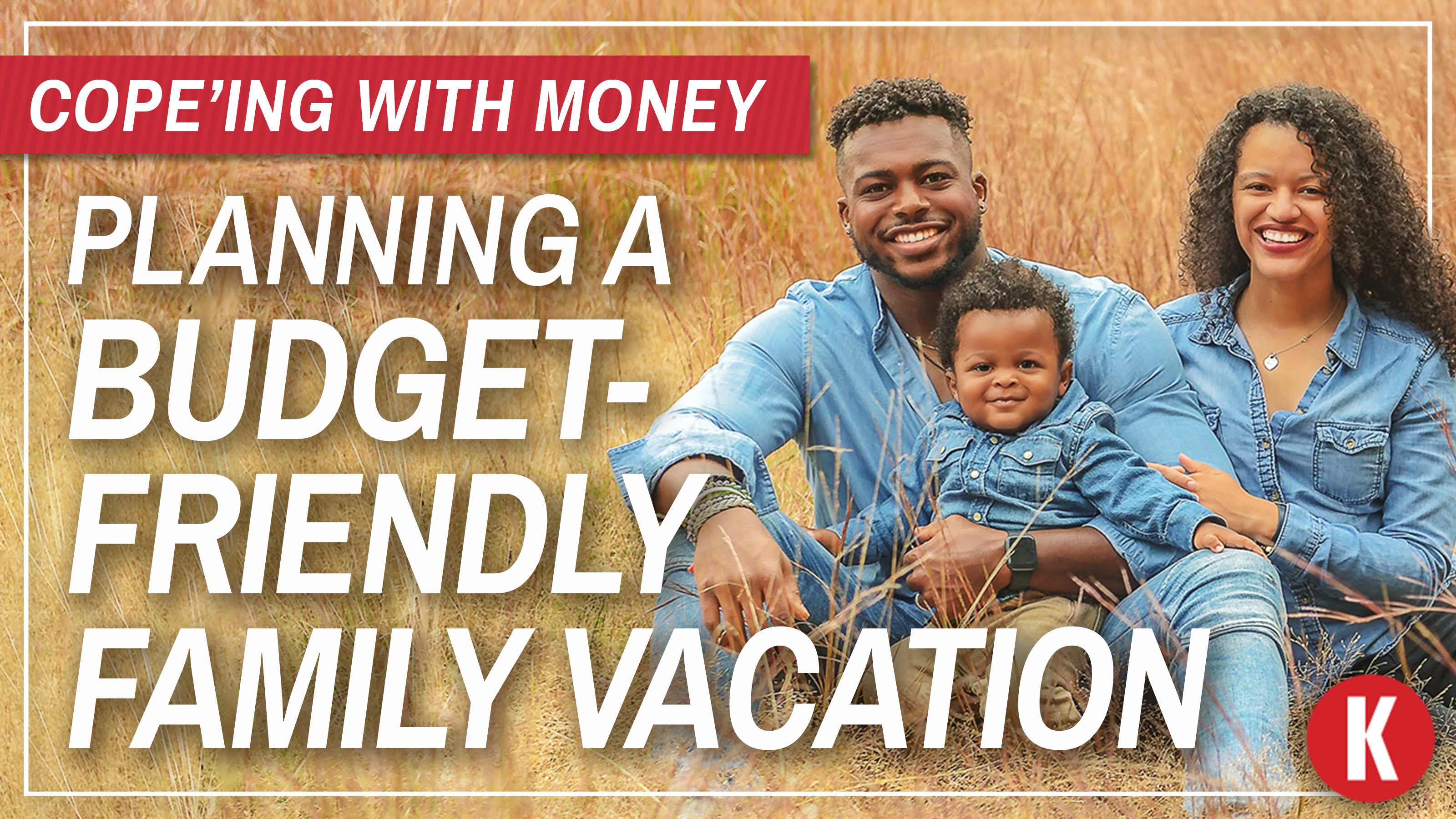 How to Plan a Budget-Friendly Family Vacation
How to Plan a Budget-Friendly Family VacationBrandon Copeland Atlanta Falcons linebacker and Kiplinger contributing editor Brandon Copeland provides tips on how to go on vacation without breaking the bank.
-
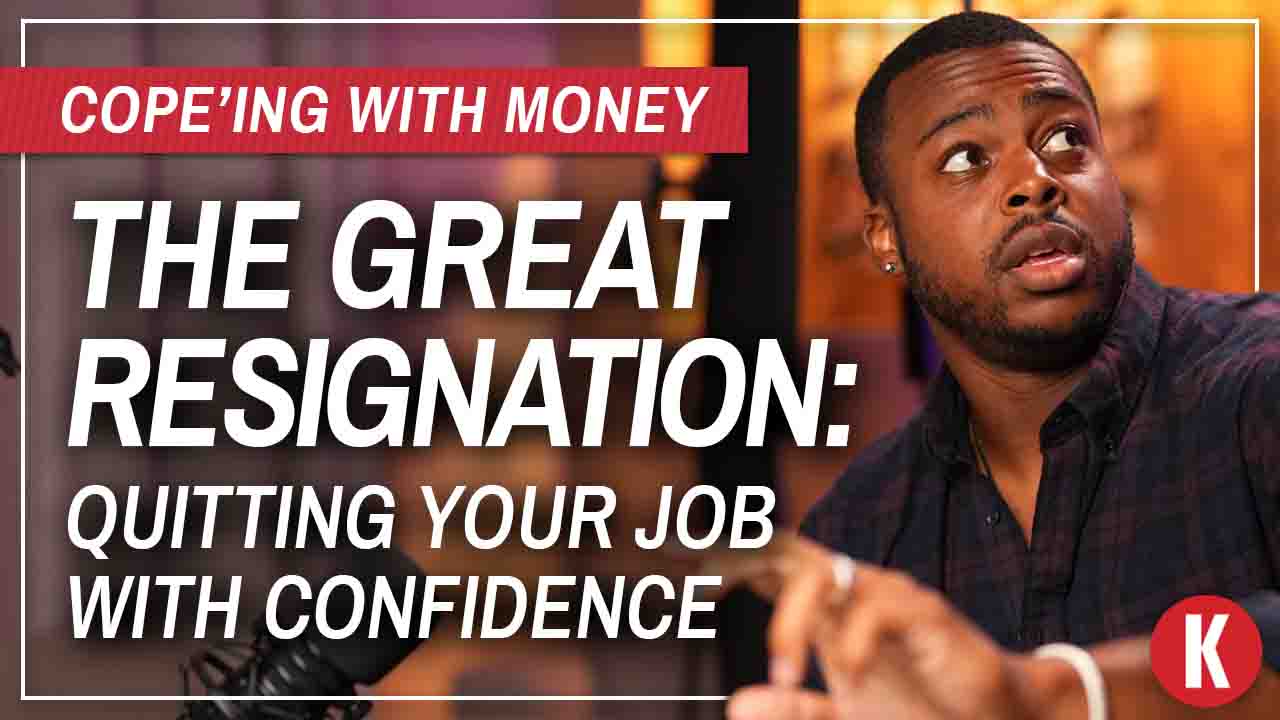 The Great Resignation: How to Quit Your Job With Confidence
The Great Resignation: How to Quit Your Job With ConfidenceBrandon Copeland Atlanta Falcons linebacker and Kiplinger contributing editor Brandon Copeland provides tips on how to properly quit your job and upgrade your career.
-
 How to Achieve Your 2022 New Year's Resolutions
How to Achieve Your 2022 New Year's ResolutionsBrandon Copeland You've already made your New Year's resolutions. Atlanta Falcons linebacker and Kiplinger contributing editor Brandon Copeland explains how you can stick with them and accomplish them.
-
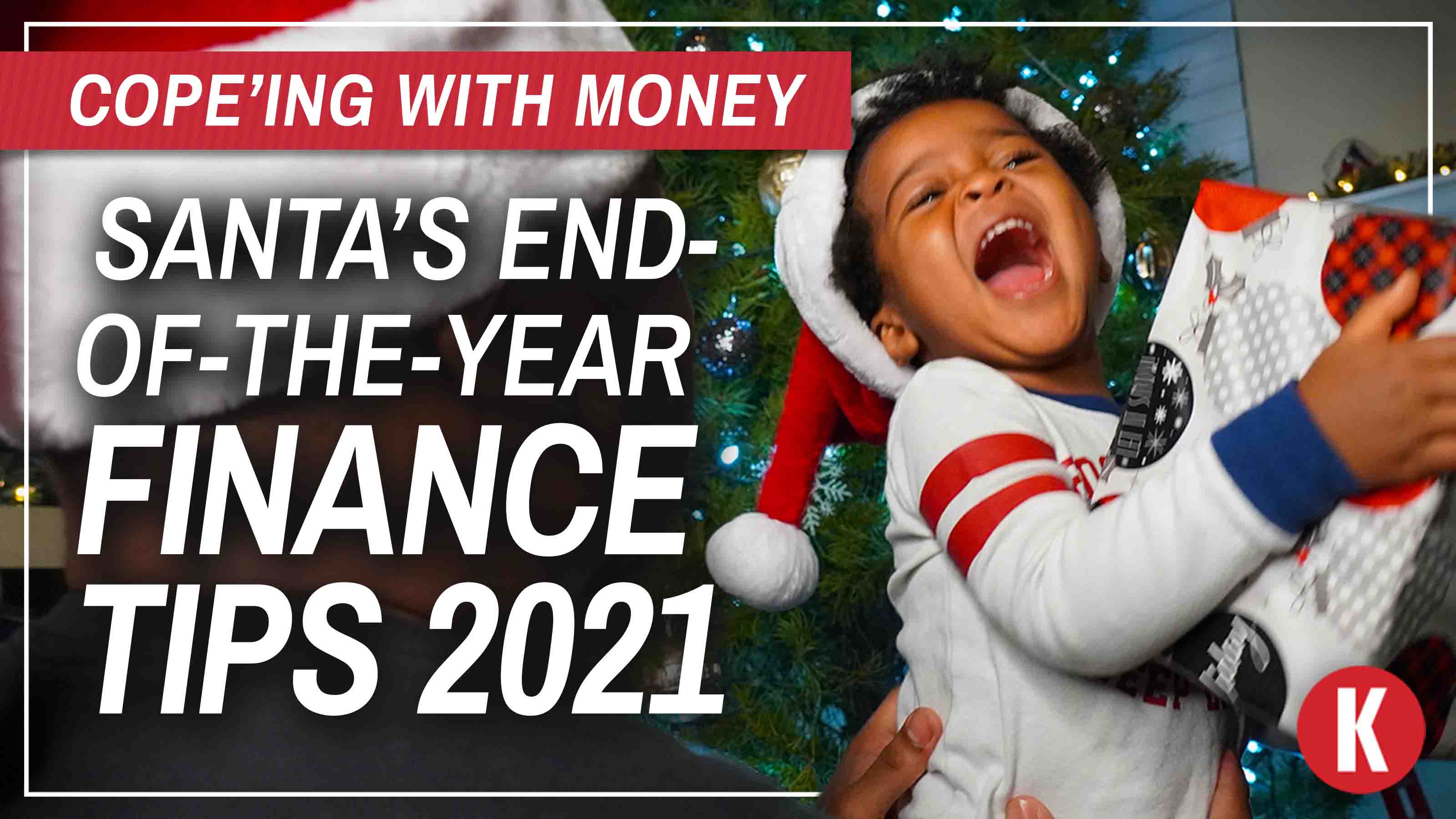 Santa's End-of-the-Year Finance Tips
Santa's End-of-the-Year Finance TipsFeature Atlanta Falcons linebacker and Kiplinger contributing editor Brandon Copeland shares a few ways you can improve your finances before 2022 gets here.
-
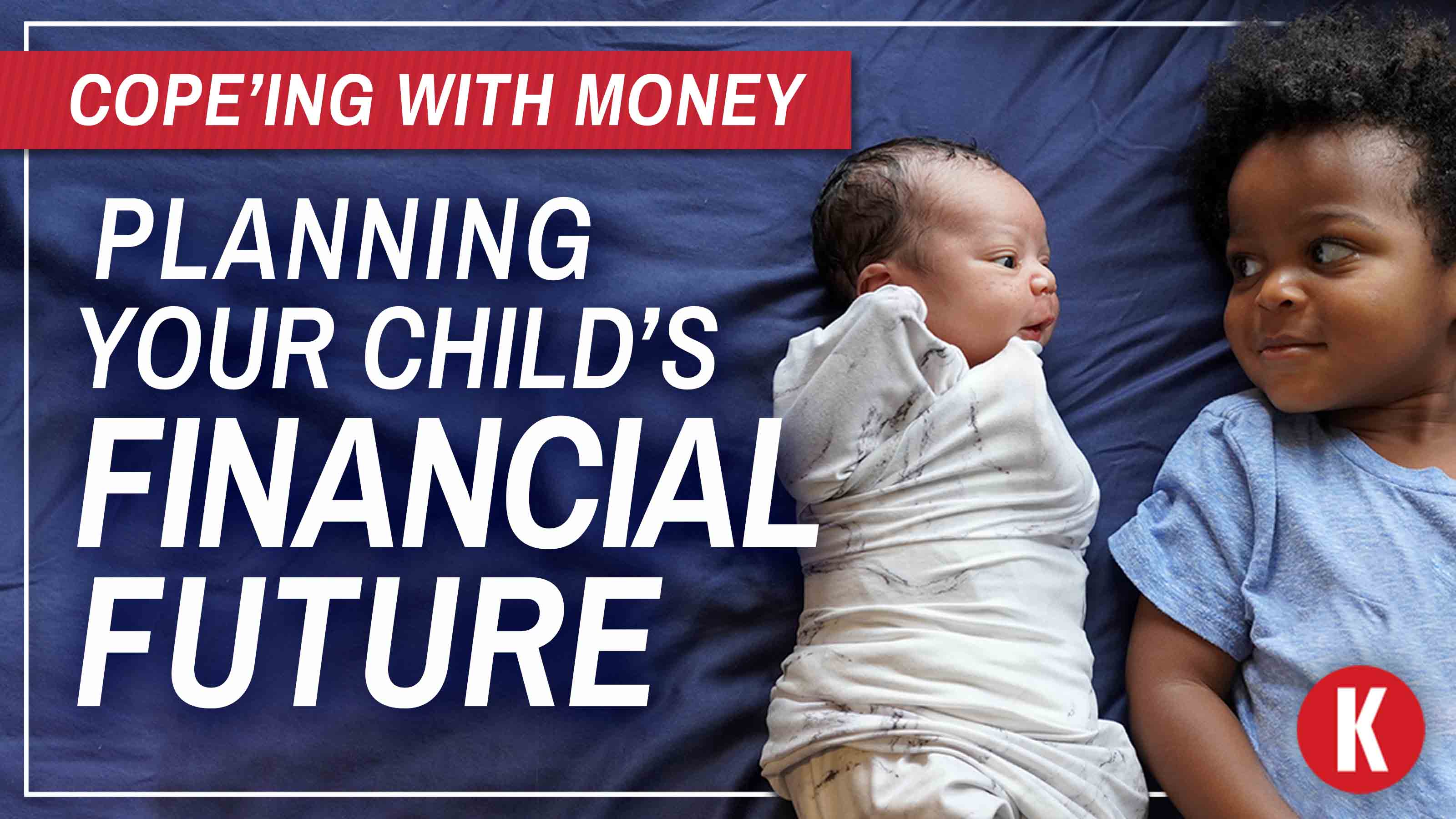 Planning Your Child's Financial Future
Planning Your Child's Financial FutureFeature Atlanta Falcons linebacker and Kiplinger contributing editor Brandon Copeland talks about ways to set your child up with a strong financial foundation.